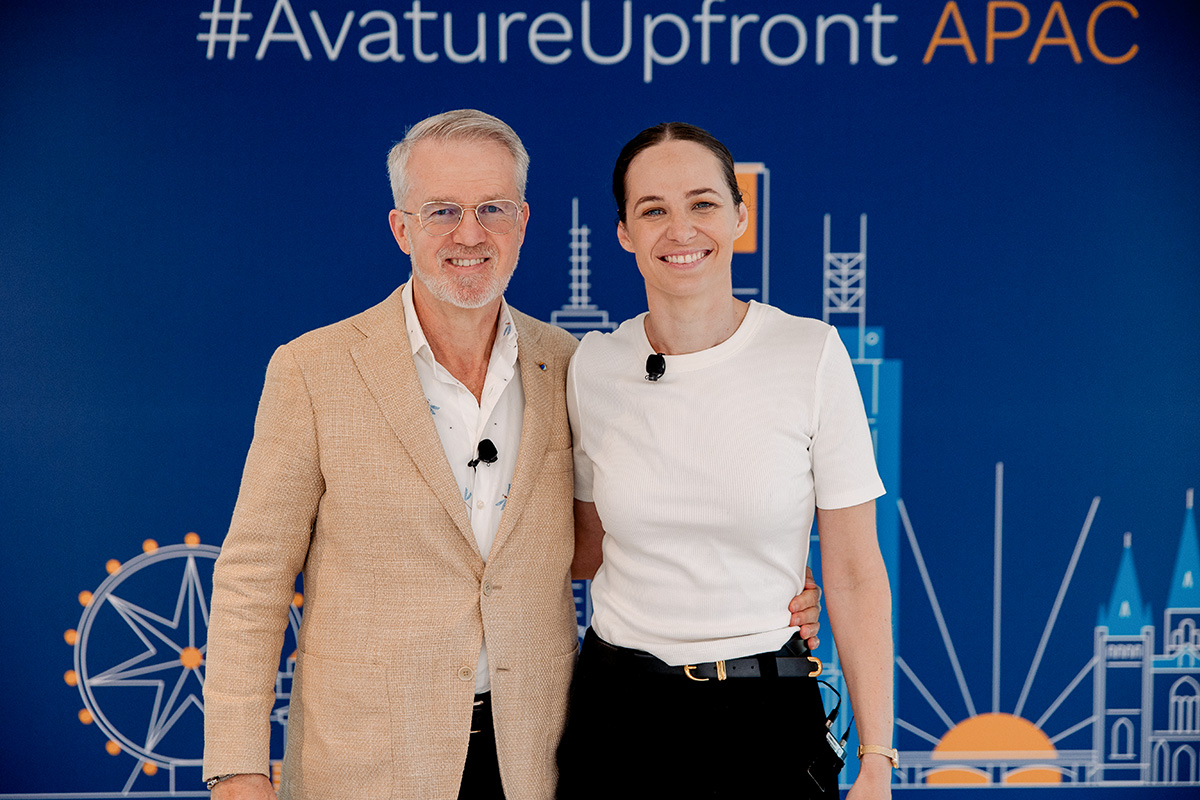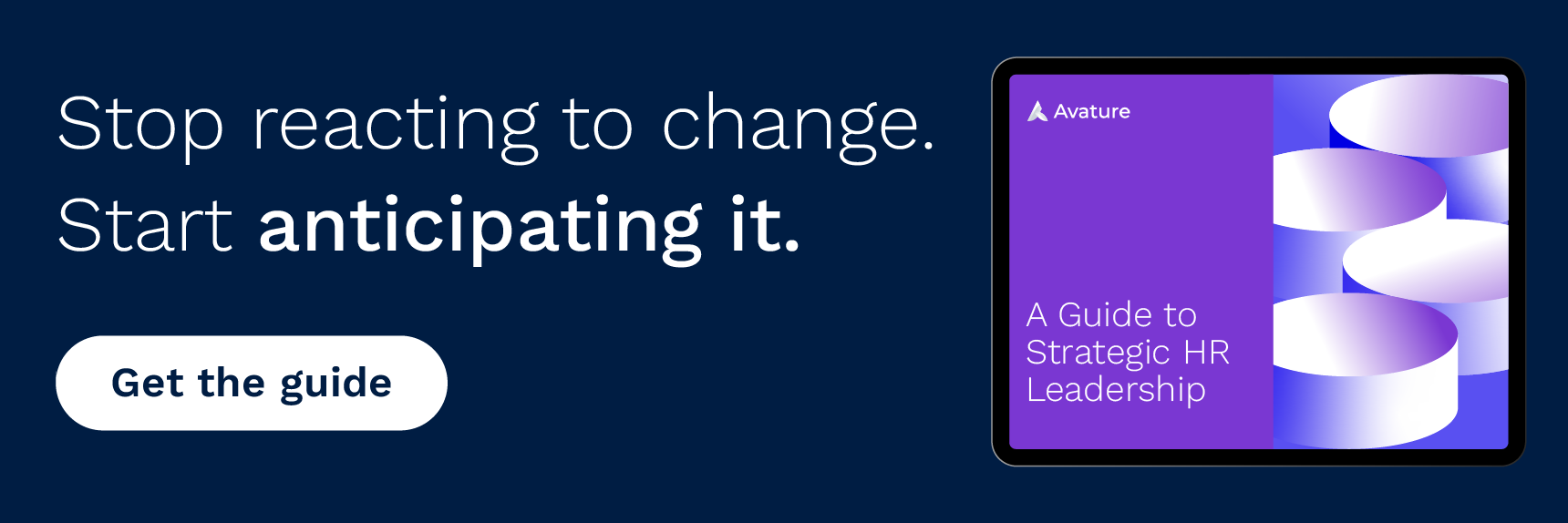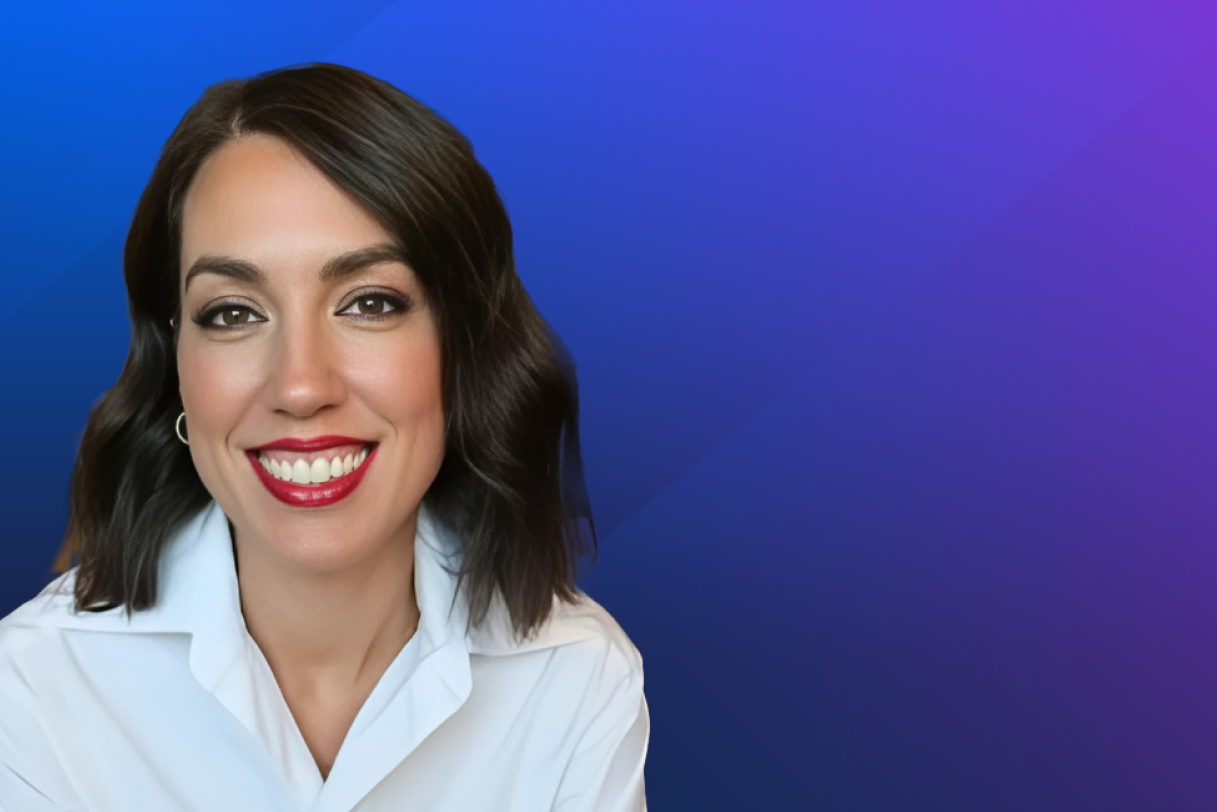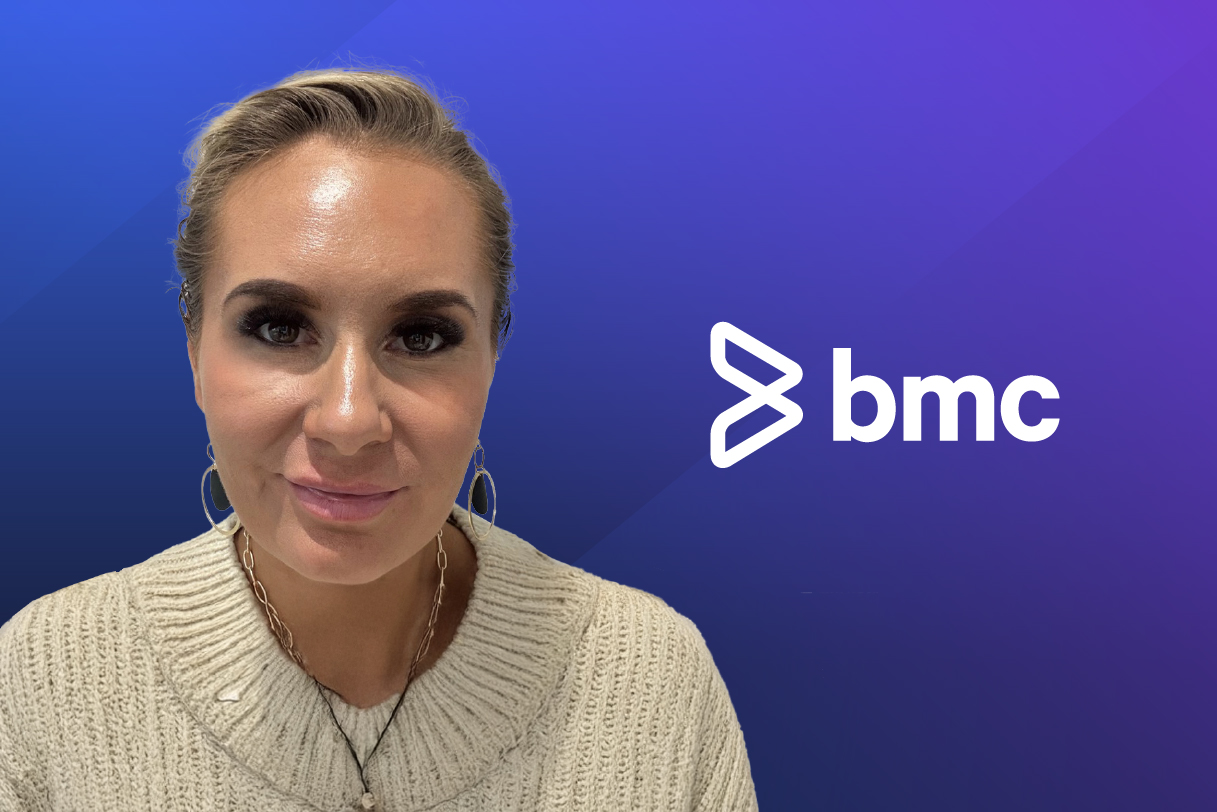What do Olympic athletes and HR leaders have in common?
Avature CEO Dimitri Boylan discovered more than first meets the eye in his exclusive interview with Chloe Dalton — Olympic gold medallist, one of Australia’s rare triple-sport athletes and founder of The [Female] Athlete Project.
Following her inspirational keynote at Avature Upfront APAC 2025, Boylan sat down with Dalton to uncover the mindset, grit and adaptability it takes to repeatedly reinvent yourself — qualities that are fast becoming essential in today’s era of AI disruption.
From winning gold in Rio to launching a movement that’s changing the face of women’s sport, Dalton’s story offers valuable lessons for HR leaders looking to thrive in an age of ambiguity and rapid change. This interview offers us a treasure trove of insights, so let’s dive straight in.

Trusting the Process of Reinvention
While Dalton grew up “playing every sport under the sun,” she “found a real love” for basketball. Despite the limited pathways to a career in professional sports compared to her male counterparts, her passion and talent for the game earned her a coveted spot in the Women’s National Basketball League, Australia’s top basketball competition.
The road to success seemed clearer than ever until a simple Google search piqued her interest in a new sport, driving her to make a shock move from basketball to rugby sevens — a decision that wasn’t just bold but terrifying. After years of building a career in basketball, the jump meant stepping far outside her comfort zone, starting from scratch as a rookie in an entirely new sport.
Remembering the moment she had to tell her coach she was quitting, Dalton recalls,
She wasn’t very happy with me, and I just remember walking out of there, tears rolling down my face, and I got into my car and thought, ‘Have I just made the worst decision of my life?’ ‘Have I just thrown away everything I’ve worked for in my basketball career for something that might actually not pay off yet?’”
Chloe Dalton
Olympic Gold Medallist and Founder of The [Female] Athlete Project
Despite her moments of self-doubt and discouragement from others, Dalton’s self-confidence in her ability to adapt and learn fed her determination to keep going.
While I was afraid that I’d thrown away my basketball career, I had so much faith in knowing myself that I wouldn’t let myself be mediocre at rugby. I could have missed team selections and things like that that were out of my control, but I had full faith in my own desire to learn and get better. I knew that over time, as long as I kept working, I was going to be okay.”
Chloe Dalton
Olympic Gold Medallist and Founder of The [Female] Athlete Project
The Power of Staying Curious
But what truly powered Dalton’s reinvention was something simple but essential: a love of learning fuelled by insatiable curiosity. This enabled Dalton to embrace a beginner’s mindset and thrive despite uncertainty, not just in this leap but also in her subsequent transition to Australian rules football player and successful entrepreneur. Dalton also noted that curiosity has helped her step outside of her comfort zone beyond the realm of sports in areas such as networking.
I love the concept of staying curious. It’s been really important to me throughout my sporting career. […]A lot of athletes have to go to networking events. And for some of them, it’s their worst nightmare because they’re so afraid of sitting on a table and not knowing what to say. But if you’re curious about someone else’s life and you ask some questions, you’ll never find yourself in an uncomfortable position.”
Chloe Dalton
Olympic Gold Medallist and Founder of The [Female] Athlete Project
As Boylan noted, curiosity and a drive to learn are essential not just in elite sports, but for anyone navigating today’s shifting corporate world, as is creating an environment that allows employees to move seamlessly between positions.
They have to accept that they will always have to be learning and that they will never actually know everything they need to know. And we try to create that environment that says you can move from, essentially, sport to sport. ”
Dimitri Boylan
Avature CEO
While Dalton’s transition was a huge risk, it was a leap of faith that paid off, eventually allowing her to achieve her lifelong dream of winning an Olympic gold medal at the 2016 Rio Olympics. Her achievement is a powerful reminder that you don’t need all the answers upfront to enjoy success in a new terrain. Instead, it requires curiosity, resilience and a willingness to act without certainty.
As Unifi’s Neha Sharma highlighted in episode nine of The Talent Transformation Podcast, this mindset is increasingly demanded from HR leaders, who are often expected to prove ROI before an initiative has even begun. But as she and Boylan emphasized, innovation doesn’t follow a straight line—it requires taking that first step, validating as you go and building buy-in over time. Just like Dalton, HR must sometimes leap before all the data is in, trusting in a process of continual learning and adjustment.
But individual mindset is only part of the equation, especially when structural barriers persist.
From Support to Enablement: What It Takes to Drive Real Change
While Dalton may seem to take each new challenge in her stride, success didn’t come without its struggles. The career chameleon faced several setbacks along the way — obstacles that were often shaped by systemic inequality and a lack of opportunities for women in sport.
Recognizing clear parallels between the challenges faced by female athletes and those encountered by women in the corporate world, particularly when breaking into leadership and tech roles, Boylan was curious to hear more about the hurdles Dalton had to overcome on her journey.
Dalton revealed that setbacks to pursuing sports as a career begin in childhood, when a dearth of opportunities to compete at an elite level already stunts girls’ career aspirations.
I think when I was setting these big goals about who I wanted to be when I grew up, I didn’t see being a professional athlete as a pathway. It wasn’t something where I sat there and thought, ‘well, that’s unfair, my brothers can do it and I can’t.’ It just felt like my reality. There weren’t these competitions that existed for me to have that pathway.”
Chloe Dalton
Olympic Gold Medallist and Founder of The [Female] Athlete Project
Dalton sees clearly how the lack of high-profile, professional competitions for female athletes creates a negative cycle, limiting access to resources, facilities and quality coaching, which in turn makes it even harder for aspiring female athletes to envision a future in sport.
And the roadblocks to success didn’t end when she secured a place on a professional team. While landing a spot in Australia’s top basketball league seemed like a dream come true at first, the reality was a rude wake-up call.
A gruelling routine of 4 am starts to fit in her packed schedule of work, training and studying in exchange for a paycheck that didn’t even cover her basic costs was far removed from the lifestyle she had imagined.
I was getting maybe $1,500 a year or a semester. It would cover my petrol and that was it. […] One day, Mum came over to my house, and I couldn’t even afford bread, milk and basic food for the fridge. It was a pretty harsh reality of wanting to be this professional athlete, thinking it was going to be this amazing lifestyle. […] It wasn’t even close to what I thought it was going to be like.”
Chloe Dalton
Olympic Gold Medallist and Founder of The [Female] Athlete Project
Despite benefiting from a strong support network, Dalton underlines that ultimately, they couldn’t fundamentally change the structural barriers impeding women from pursuing careers in sport, such as low pay, limited resources and lack of elite competitions.
I probably had to work against the grain a lot. I had incredible people in my corner who supported me in a whole range of different scenarios. But even if they were supporting me to do it, they couldn’t create the professional competition. And they couldn’t they couldn’t change what we were getting paid.”
Chloe Dalton
Olympic Gold Medallist and Founder of The [Female] Athlete Project
For HR leaders striving to break glass ceilings and build inclusive career pathways, Dalton’s story is a powerful reminder: real progress requires more than support — it demands structural change. From pay equity to visible role models and meaningful opportunities, it’s only by addressing systemic barriers that organizations can empower underrepresented talent to truly thrive.
The Female Athlete Project: Turning Adversity Into Advocacy
Having experienced the challenges facing female athletes firsthand, Dalton knew she wanted to do something to help other women get into sports. But where to start? After all, the scale and complexity of issues facing women’s sports are overwhelming—engaging girls in sports from an early age, access to quality coaches, facilities, changing rooms, pay equality…
Keen to avoid spreading herself too thin, Dalton chose to focus on an issue that has been pivotal in her own sporting career: women’s representation. A sports fan since childhood, Dalton’s dreams of gold began with a key moment of inspiration that underlines the crucial role representation plays in shaping ambition.
As a seven-year-old kid, after watching Cathy Freeman win gold in the 400m, I wanted to become an Olympic gold medalist myself. I wanted to go to the games, but I wanted to win a gold medal.”
Chloe Dalton
Olympic Gold Medallist and Founder of The [Female] Athlete Project
Dalton shares that having a clear vision and laser-sharp focus on tackling one specific issue has been crucial to growing The [Female] Athlete Project — a platform dedicated to spotlighting the stories and achievements of female athletes challenging stereotypes and being trailblazers in their fields. From its humble beginnings as a podcast created from her parents’ garage during the COVID-19 pandemic, the project has since evolved into a global community of people who love women’s sport.
With women’s sports, we could have picked a whole range of different avenues to address, and we decided we wanted to address the visibility piece because of the lack of coverage in the media.”
Chloe Dalton
Olympic Gold Medallist and Founder of The [Female] Athlete Project
Likewise, getting very specific about where you want to go and how to get there is vital to cut through the noise in areas like digital transformation, as Sean Morris, Principal & US Talent Transformation Leader at Deloitte, highlighted in episode three of this podcast. By starting with “a strong vision and strategy,” HR leaders will be in a better position to identify strategic use cases and channel their energy and resources where they can really move the needle.
Of course, vision alone wasn’t enough to bring The [Female] Athlete Project to life — Dalton also had to step into completely uncharted territory and learn a new skillset.
I am an athlete and a physiotherapist by trade. I have no media training, I have no business background.”
Chloe Dalton
Olympic Gold Medallist and Founder of The [Female] Athlete Project
From leading a team to learning the mechanics of running a media platform, Dalton was once again back at square one — this time, as a founder. The learning curve was steep, but the experience reaffirmed a truth she had already experienced in sport: you don’t need to be an expert to make a meaningful impact.
Almost every day of work at the moment is new to me, but it’s something that I find actually really refreshing. I really love that concept of learning.”
Chloe Dalton
Olympic Gold Medallist and Founder of The [Female] Athlete Project
Her experience is a powerful lesson for organizations navigating change: the most impactful leaders aren’t always the most qualified on paper. They’re the ones willing to evolve, adapt and lead with curiosity — leadership qualities that will define the next generation of HR success.
Coming Full Circle: Lessons in Reinvention and Resilience
As the conversation drew to a close, Boylan reflected on the many lessons Dalton’s journey can teach today’s HR leaders navigating the uncharted waters of AI and rapid transformation.
Our customers are moving through a period of high disruption with artificial intelligence. As you look at the core skills you need inside your organization, you need curiosity. You need the desire to learn. You need the ability to check your ego and move into roles where you are not as good, and give yourself some time to get good. You need to stay engaged with change and be comfortable around it.”
Chloe Dalton
Olympic Gold Medallist and Founder of The [Female] Athlete Project
From the little girl inspired by Cathy Freeman’s Olympic triumph, to a changemaker inspiring a new generation of women to chase their dreams, Dalton’s story is a shining example that growth lies beyond comfort zones — and that with curiosity and courage, bold pivots can lead to extraordinary outcomes.
Whether on the sports field or in the boardroom, let Dalton’s journey be a timely reminder that success doesn’t come from standing still. It comes from leaning into the unknown, staying open to learning and having the courage to start again.



